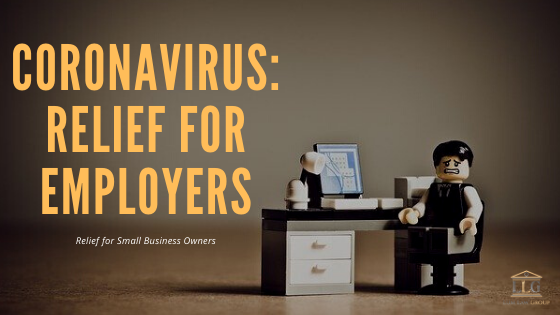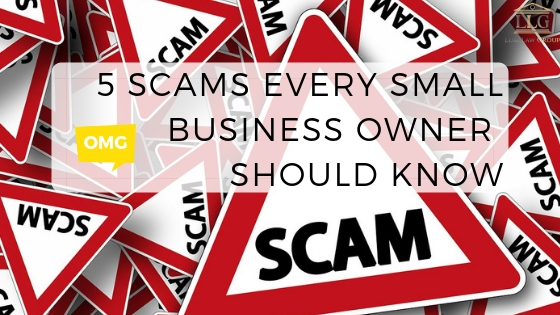Coronavirus: Relief for Small Business Owners
With the current COVID-19 pandemic, the closing of non-essential businesses, and the fears for an upcoming recession, many small business owners are either suffering, or preparing to suffer. We, at Lum Law Group, are in the same boat. We are also a family-owned small business with few employees that, for the most part, caters to our local community. While we are still answering calls and helping existing and potential clients, we share the same concerns as our clients, our employees, and our fellow small business owners.
In this article, we have outlined relief and resources that may assist small business owners during these difficult times. We would like to remind you that you can call us if you need assistance with vendors, landlords, or any other COVID-19 related issue. We are here to help!
Payroll: Paycheck Protection Program
Part of the CARES Act was to fund the Small Business Administration (SBA) to provide assistance to small business to continue to make payroll. The SBA’s Paycheck Protection Program (PPP) allows businesses with fewer than 500 employees to borrow money specifically for payroll. Less than twenty five percent of the borrowed amount can be used for other things, such as mortgage interest, rent, and utilities. You can borrow enough to cover an eight week period, which must be used within eight weeks after receiving the funds. Loan repayments are deferred for six months.
While applications opened today (April 3, 2020), SBA announced that self-employed individuals and independent contractors will not be able to apply until April 10, 2020.
Payroll: Defer Paying Social Security
If you are self-employed, or have employees, you can defer making the social security portion of employment taxes for the time being. This would mean a reduction of 6.2 percent tax paid on wages. The deferral allows you to pay the deferred amount over a two and a half year period, where half of it would have to be paid by December 31, 2021 and the second half by December 31, 2022.
Payroll: Keep Paying Your Employees
As part of the new economic stimulus plan, if you can prove that your business has lost fifty percent or more in profits due to coronavirus, your business can qualify for a “prize” for retaining your employees. Even if your business is closed, if you keep your employees on payroll, you can qualify for up to fifty percent of your employee’s wages. This “prize” for keeping payroll not only helps your employees who may not be able to work from home, or may not have much to do.
As an employer, you will receive the prize in the form of a tax credit on your business tax return.
Note: Businesses that receive a SBA loan will not qualify for this tax credit.
Tax Deduction: Restaurant, Retail, Hotel
If you are a restaurant, hotel, or retail store owner, you can prepare and file amended tax returns to deduct the cost of property improvements. This deduction was supposed to be part of the 2017 tax overhaul anyway.
As you can tell, most of the available relief is for employers. If you have questions about California unemployment benefits for independent contractors and self-employed individuals, please visit the EDD website. If you would like to learn more about the “stimulus check”, please read our post here. If you have issues with vendors, landlords, business partners, etc. please contact us for how we can help you. Together, we can get through the crisis!


